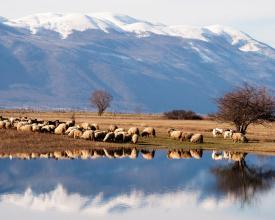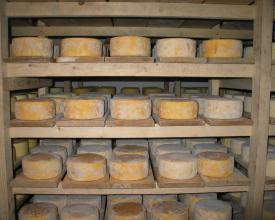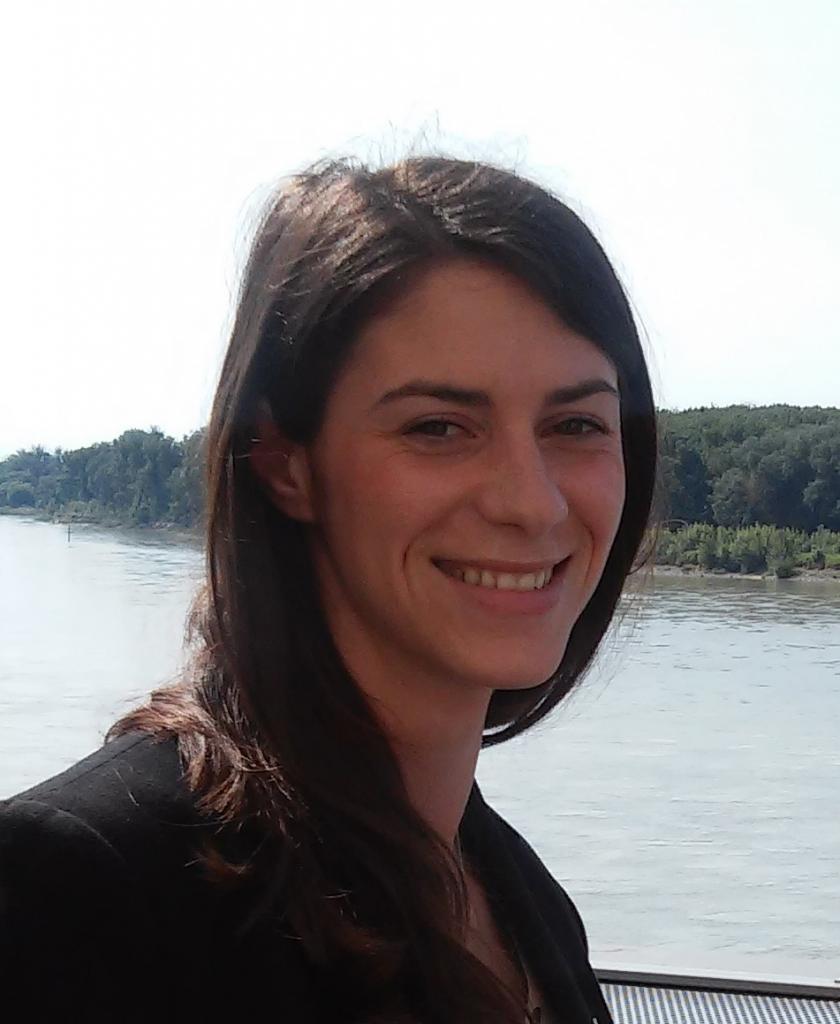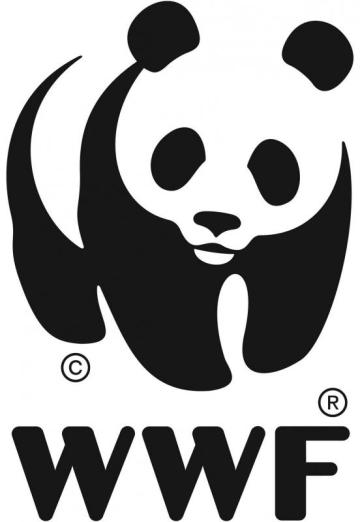
Protecting birds and people - story of Livno cheese production
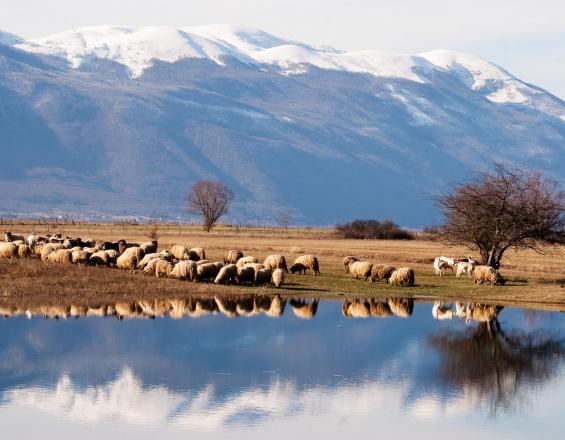
The production of traditional cheese in Livno has been done since the 19th century and in the last decades, it was completely threatened and in danger of disappearing. Traditional agriculture, and the traditional raising of sheep and cattle, and the production of Livno Cheese from their milk, has always supported the sustainability of these exceptionally valuable natural habitats on Livanjsko Polje. Intensive grazing has helped to sustain the natural ecosystems. That is why the protection of Livanjsko Polje as a whole is important, as it is also listed as an important wet habitat of international significance under the Ramsar Convention. The quality of the cheese depends on this method of grazing, and synergy is key to preserving the diverse and unique habitats of this karst field. 15 years ago, producers came together and form association Cincar in order to protect traditional Livno Cheese as a specific product and to work together to solve common problems.
Contexte
Challenges addressed
Emplacement
Impacts
The constant increase in production prevents the overgrowing of grasslands and revives the neglected pastures. Some association members have over 1000 sheep. The grazing helps maintain the natural ecosystems and so does the mechanical mowing for the purpose of collecting hay for the winter. The total surface of the Livanjsko Polje (protected under the Ramsar convention) that is being maintained is 21,761 ha and it is an important resting place for various endangered migratory birds. The importance of the association and its participation in working groups for the drafting of laws on the protection of food origin has been recognised. The promotion of the area and local producers increased visibility. The credibility of local authorities in relation to the donors has increased due to the implementation of a large-scale project. The municipality of Livno recognised the Cincar Association as the key partner in achieving strategic goals. Local companies and supplier were contracted during the construction of the mini dairy farms and the common facility. At the moment, over 200 people make a living from this type of cheese production. About 20 families (that meet the requirements) founded the Cincar 2 Cooperative, within the project of the Czech Development agency, so that they could enter the market.

